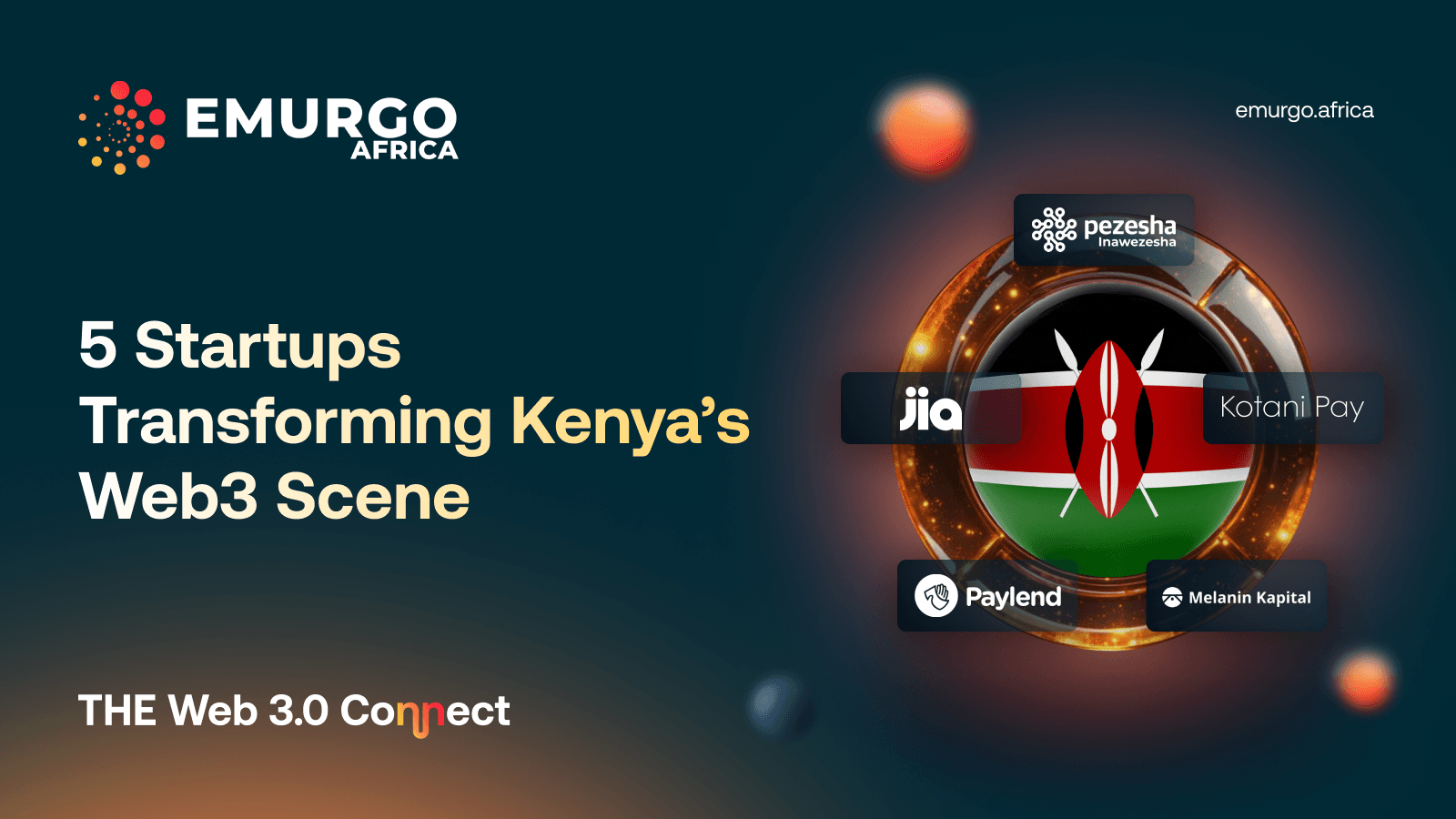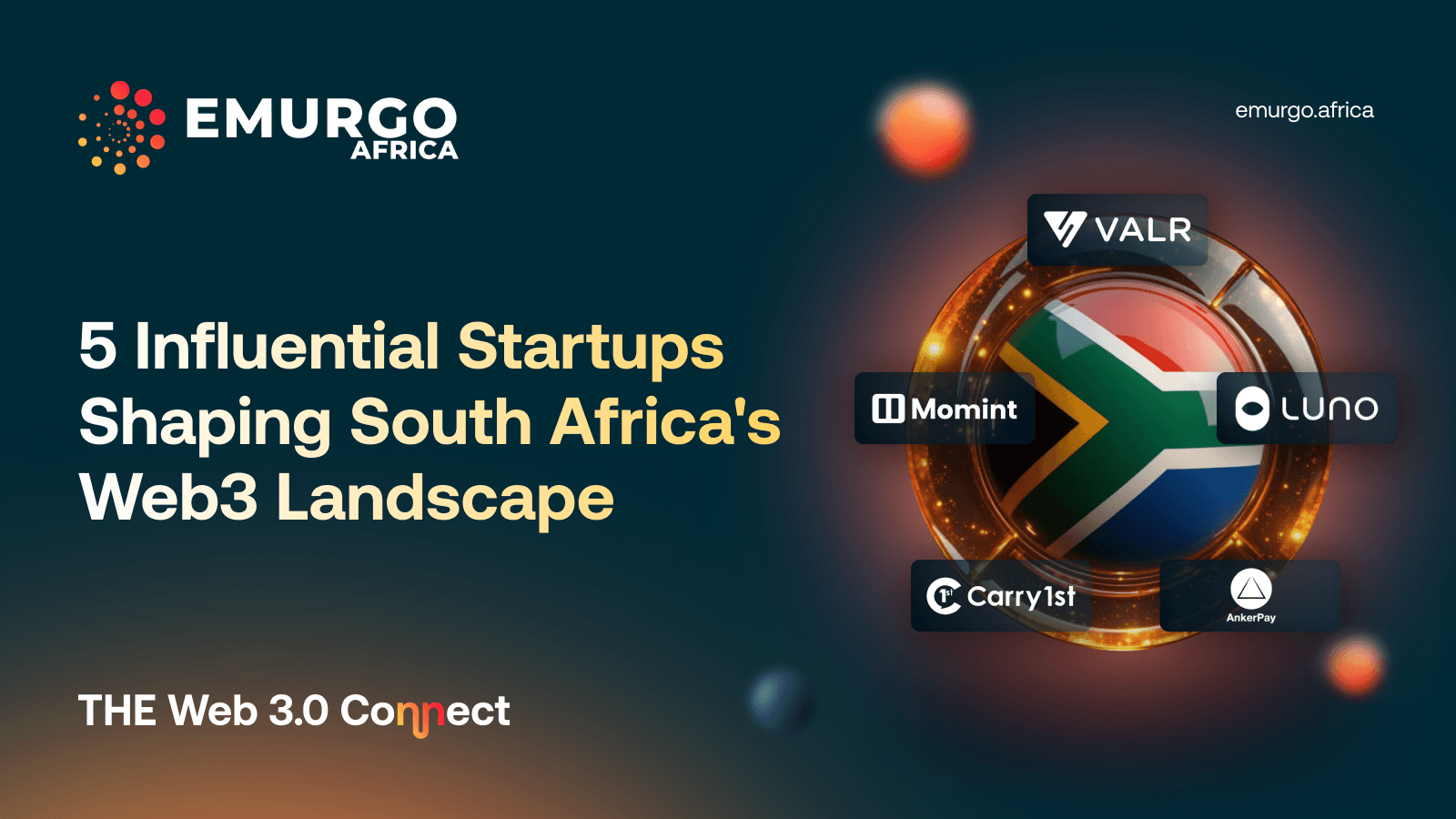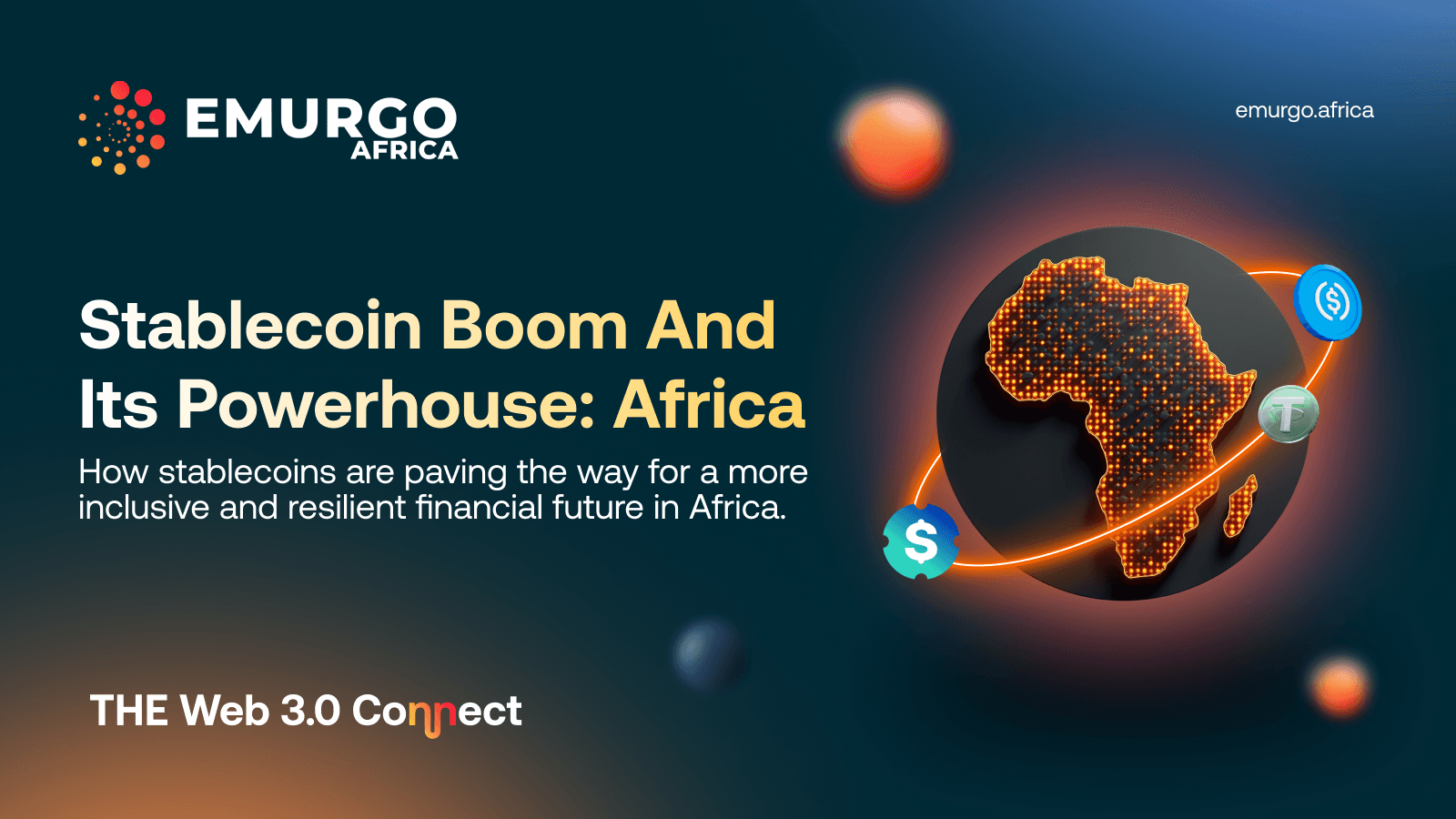Thank you for visiting our blog post! 🃏♥️
Discover the transformative power of Africa's major telecom companies in shaping the digital identity landscape! We uncover innovative solutions and impactful projects that are propelling Africa into a connected, secure, and inclusive digital future. 🌍📱
Blog posts related to this post:
・Download Full Report: Effect of Digital ID and Role of Decentralized ID (DID) in Africa
・Digital ID and DID Projects in Africa II: Startup Companies
・Digital ID and DID Projects in Africa III: International Organizations and NPOs
Hope you enjoy reading the articles 😌🍊
Digital ID Projects by Major Telecom Companies
Telecom companies play a pivotal role by facilitating SIM card registration processes, effectively creating digital identities for mobile users. These telecom giants, in partnership with government entities and financial institutions, champion the uptake of mobile-based identity verification solutions. Nonetheless, this method has limitations, as it may not offer the most secure form of identification, given the potential for shared mobile devices.
(1). MTN: Largest Telecom Company in Africa

MTN is Africa’s largest telecom company based on revenue ($10.0B in 2022)1 and number of users (290 million in 2023 Q1)2. Nigeria has the largest number of subscribers, 77 million, followed by 36 million in South Africa, 27 million in Ghana, 18 million in Uganda, 17 million in Ivory Coast, 11 million in Cameroon, and 10 more African countries2.
Digital ID Use Cases
MTN's mobile money service, MoMo, serves as a platform for various partners (over 900) to offer services that enhance the lives of users3. In Rwanda, MTN partners with NCBA Bank to provide bundled digital financial services to farmers. MTN Rwanda handles Know Your Customer (KYC) verification, ensuring the legitimacy and security of users accessing these financial services4.
aYo, owned by MTN, offers mobile-enabled insurance products. Users can purchase insurance through mobile money transactions, signifying the use of digital ID for customer authentication and policy management. The products provide hospital cash and life cover benefits, requiring secure identification4.
UNHCR distributed Cash and Voucher Assistance to 8.5 million recipients across 100 countries in 2020. They have established digital payment programs in various countries, including those that utilize mobile money. In Cameroon, urban refugees received one-time cash payments through MTN Mobile Money, indicating the use of digital ID for secure disbursement of funds5.
(2). Safaricom: Kenya's Ubiquitous Telecom Group

Safaricom holds the top spot and captures 90% of Kenya's telecommunications market share (revenue $2.1B in 2022-23 with its mobile money service, M-Pesa, accounting for $857M or 41.5%6; over 46.7 million subscribers in 2023 Q17). In addition to Kenya, Safaricom has also expanded its services to Ethiopia in October 2022, and it has hit over 5 million subscribers in less than a year8.
Digital ID Use Cases
Safaricom's M-PESA digital ID is widely used for mobile money payments, with a 47% increase in merchants accepting it between September 2020 and June 20214. They offer efficient remote onboarding for businesses, and over 18% of new merchants self-onboard4.
M-PESA's consumer super app enhances user experience, providing fingerprint and facial recognition for authentication, spending tracking, and access to third-party services through mini apps. The app has over 4.2 million users, offering various services like public health insurance and transport, with 730,000 users in the 90 days running up to December 2021, showcasing its early success4.
Additionally, the partnership between Visa and Safaricom M-Pesa introduced the M-PESA Global Pay Visa virtual card in June 2022, enabling global digital payments for millions of M-PESA users9.
(3). Orange Africa & ME: French Multinational Telecom Giant

As of 2023 Q1, Orange Africa and Middle East generated revenues of $11.1B, serving 144 million customers in 18 countries10. More than 80 million customers have an Orange Money account, which is a flagship mobile-based money transfer and financial services available in 17 countries11. It is said that 1 African in 10 is an Orange customer11. Orange is one of the dominant telecom companies in countries like Botswana, Burkina Faso, Cameroon, CAR, DRC, Egypt, Equatorial Guinea, Guinea, Guinea-Bissau, Ivory Coast, Liberia, Madagascar, Mali, Senegal, and Sierra Leone9.
Digital ID Use Cases
Orange Money and MTN Mobile Money users in Cameroon can receive deposits from France and Belgium through Orange Bank from January 2022. This service leverages digital ID for secure and authenticated transactions, facilitating an average of 800 million CFA francs in monthly transactions12.
In July 2022, Cameroon's Ministry of Finance granted Orange Cameroon permission to establish a dedicated financial services subsidiary, Orange Money Cameroon SA13. This subsidiary can now autonomously provide payment services such as deposits, transfers, withdrawals, bill payments, salary and tax payments, as well as international money transfers, all of which require secure digital ID verification.
(4). Vodacom: South Africa's Telecom Powerhouse

Vodacom Group is a South African mobile communications firm, offering its services to 140 million customers (excluding its subsidiary, Safaricom) in 47 African countries14. Its revenue hit $6.1B for the year ended 31 March 202315. It has the largest number of customers in Egypt, 46 million, followed by 44 million in South Africa, 21 million in DRC, 17 million in Tanzania, 11 million in Mozambique, and 2 million in Lesotho14.
Digital ID Use Cases
In 2020, Vodacom Tanzania launched the M-Kulima app, with support from the GSMA AgriTech Innovation Fund. This app collects essential farmer information like fingerprints, photos, and farm locations for verification and makes it easier for farmers to receive advice on farming and get paid digitally through Vodacom's mobile money service, M-PESA. It successfully digitized over 600,000 farmer profiles and processed more than 10,000 mobile money payments9.
Additionally, Vodacom is testing a digital agriculture loan program with FINCA, using data from M-Kulima for credit assessments. The digital information gathered from digital crop transactions, mobile money use, and the M-Kulima app could open up opportunities for farmers to access credit. Vodacom's future plans include expanding M-Kulima's services, tailoring it for livestock and horticulture, and exploring a software-as-a-service (SaaS) model to benefit even more farmers9.
(5). Airtel Africa: Pan-African Telecom Provider

Airtel Africa provides telecommunications and mobile money services to 140 million customers with 32 million Airtel Money customers in 14 countries across the continent, primarily in Nigeria, East Africa, and Francophone Africa, where Airtel Nigeria is the company’s most profitable arm16. It hit $5.3B annual revenue in the 2022-2023 financial year with a growth rate of 17.6% in constant currency16.
Digital ID Use Cases
In today's dynamic cross-border financial landscape, digital ID verification plays a crucial role in bolstering security and expanding the reach of financial transactions.
In September 2021, Airtel partnered with WorldRemit to allow 400,000 Airtel Money users to receive money from 129 countries directly into their mobile wallets and make global in-app payments without charges. Key countries covered include the USA, UK, Saudi Arabia, South Africa, and Australia, aiming to boost Airtel's mobile money platform and compete with Safaricom's M-Pesa17.
In August 2023, Airtel Africa and Mastercard expanded their partnership by launching a cross-border remittance service across 14 African markets, benefiting 100 million users. This service offers secure fund transfers and promotes economic growth in the continent, where $95.6 billion in remittances flow annually, connecting consumers to wallets in over 145 markets18.
References:
(1) ”FY22 Annual Financial Results” by MTN Group
(2) MTN Group subscribers worldwide 2018-2023 | Statista
(3) MTN Mobile Money Opened APIs – Was It Worth It? | CGAP
(4) “State of the Industry Report on Mobile Money 2022” by GSMA
(5) UNHCR Cash Assistance and COVID-19: Emerging Field Practices II | UNHCR
(6) M-Pesa share in Safaricom mobile revenue deepens to 41.5pc | The East African
(7) Safaricom remains dominant with over 46M subscribers | People Daily
(8) Safaricom Ethiopia Hits 5 Million Subscribers | CIO Africa
(9) “State of the Industry Report on Mobile Money 2023” by GSMA
(10) Orange again points to Africa, Middle East for revenue gain | Developing Telecoms
(11) Orange Africa and Middle East | Orange
(12) Orange confirms Europe to Cameroon remittance in place | itweb.africa
(13) Orange Cameroon gets approval to launch mobile money subsidiary | Developing Telecoms
(14) Where we operate | Vodacom Group
(15) ”Vodacom Group Ltd Preliminary Results 2023” by Vodacom Group
(16) ”Airtel Africa Annual Report FY 2022-2023” by Airtel Africa
(17) Airtel subscribers to receive cash from 129 countries in WorldRemit deal | Business Daily
(18) Airtel Africa and Mastercard strengthens partnership | Mastercard Newsroom
Thank you very much for reading this post🦄🎆
For downloading the full report, visit this page.
Follow EMURGO Africa for more information

EMURGO Africa invests and supports local Web3 projects in the region to adopt Cardano’s decentralized blockchain technology to build socially impactful solutions.
As a regional entity of EMURGO, the official commercial arm of Cardano, EMURGO Africa also runs a local Cardano accelerator in Africa, Adaverse, which accepts applications year-round.
For more up-to-date information on EMURGO Africa, follow the official channels listed below.
About EMURGO Africa
- Official Website: emurgo.africa
- Twitter: @EmurgoAfrica
- Telegram: https://t.me/emurgoafrica



